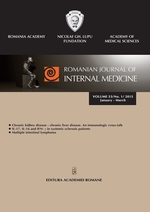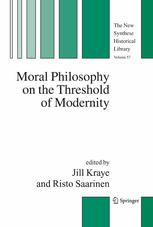A journal editor who disdains anonymous concerns about research integrity has just seen an article in his journal retracted, thanks to the work of a pseudonymous sleuth.
The paper at issue, “An experimental investigation into the effects of Cr2O3 and ZnO2 nanoparticles on the mechanical properties and durability of self-compacting mortar,” was published in 2015 in International Journal of Materials Research (IJMR). It has been cited 23 times, according to Clarivate’s Web of Science.
In 2020, the pseudonymous sleuth Artemisia Stricta first alerted IJMR leadership to possible image manipulation in the article as part of an extensive report on hundreds of compromised papers. Editors and the journal’s publisher De Gruyter did not investigate the case for two years.
During that time, Guido Schmitz of the University of Stuttgart became the journal’s editor in chief. When Artemisia followed up on their report, Schmitz said that he would not investigate the potential misconduct until Artemisia revealed their identity:
Continue reading A journal editor once told us authors were free to publish ‘bullshit and fiction.’ Apparently his publisher disagrees.

 A researcher in Greece has issued extensive — what we sometimes call “
A researcher in Greece has issued extensive — what we sometimes call “



